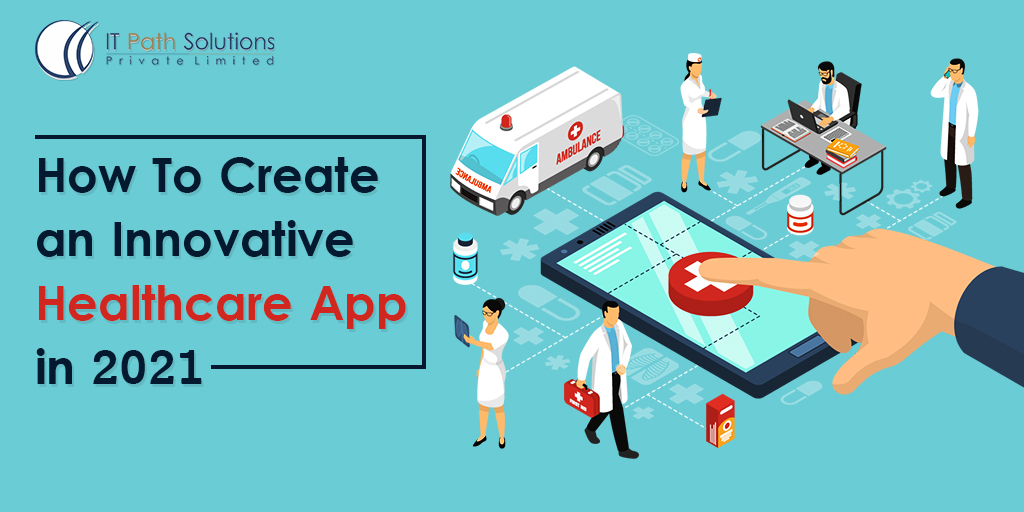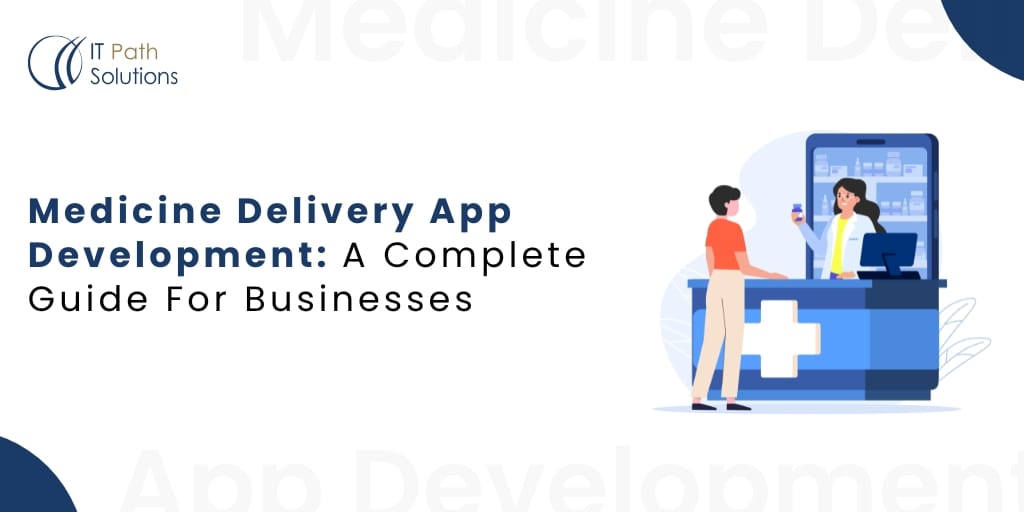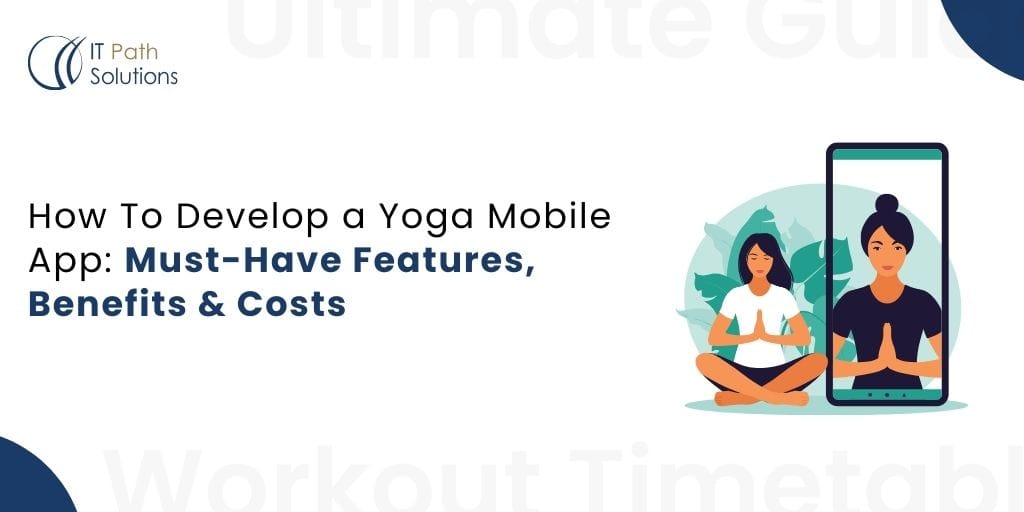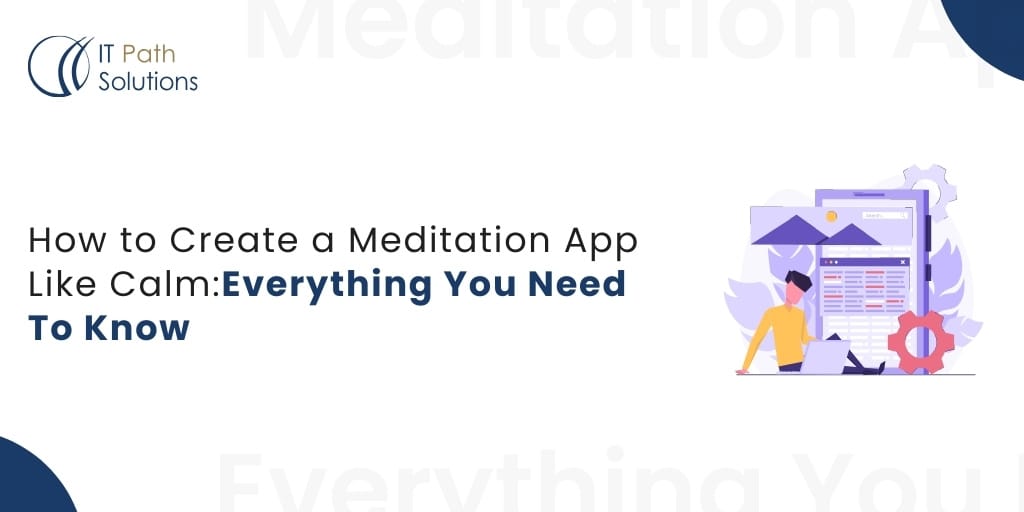Healthcare App Development: Complete Guide to Building mHealth Solutions

The mHealth app developmentmarket is projected to reach an unprecedented $189 billion by 2025, representing a remarkable transformation in an industry that historically adopted information technology at a slower pace. This exponential growth is driving healthcare providers from individual practitioners to large hospital chains and specialty clinics to embrace cutting-edge technologies including IoT health app development, Android health app development, and iOS health app development.
Transformative Benefits of Healthcare App Development
For Healthcare Businesses
Healthcare applications provide organizations with powerful tools to centralize patient data, establish seamless communication channels between patients, doctors, and healthcare workers (including lab technicians and nurses), and streamline operational efficiency. These platforms enable healthcare providers to deliver superior patient care while reducing administrative overhead.
For Patients and Providers
Patients benefit from enhanced data portability, simplified provider transitions, and instant communication with their healthcare teams. For critical patients who don’t require hospitalization, doctors can provide continuous monitoring through sophisticated app-based systems, ensuring timely interventions when necessary.
While many current mHealth applications focus primarily on fitness tracking and vital sign monitoring (such as heart rate), the industry’s potential extends far beyond these basic functions. Advanced healthcare apps can perform complex medical functions with extensive usability options that transform patient care delivery.
Comprehensive mHealth App Development Categories
1. Patient Health Education Applications
These sophisticated platforms provide patients with personalized health information, timely updates about their medical conditions, and evidence-based guidance on necessary interventions and preventive measures. Educational content is tailored to individual patient profiles and medical histories.
2. Virtual Diagnosis and Telemedicine Solutions
Revolutionary platforms that connect doctors and patients for remote consultations, enabling preliminary diagnoses and determining when in-person visits are necessary. This approach eliminates unnecessary office visits while ensuring patients receive timely medical attention without waiting rooms or travel complications. For comprehensive insights into building profitable telemedicine platforms, explore our detailed telemedicine app development guide.
3. Intelligent Reminder Systems
Particularly beneficial for elderly patients managing complex medication regimens, these applications ensure accurate medication adherence by providing automated reminders for dosage schedules, prescription refills, and appointment notifications. Advanced systems can integrate with pharmacy networks for seamless prescription management.
4. Continuous Health Monitoring Platforms
Critical for patients with chronic conditions including cancer, diabetes, hypertension, and cardiovascular disease, these apps provide 24/7 health surveillance with real-time alerts for concerning changes in vital parameters. IoT integration enables automatic data collection from connected medical devices.
5. Mental Health and Wellness Apps
Comprehensive mental health platforms offering meditation guidance, stress management techniques, self-care resources, and sleep optimization programs. These applications address the growing demand for accessible mental health support and preventive wellness care.
6. Healthy Living and Lifestyle Apps
These applications provide users with personalized exercise programs, weight management plans, fitness tracking, and wellness coaching. They deliver actionable health tips, daily exercise routines, and lifestyle modification strategies to promote optimal health outcomes.
7. Advanced Nutrition and Diet Management
Sophisticated nutrition platforms featuring personalized diet plans, weight loss programs, and nutritional counseling services. These apps typically include healthy recipe databases, meal planning tools, personal trainer integration, and certified nutritionist consultations.
8. AI-Powered Healthcare Chatbots
Artificial intelligence has revolutionized patient engagement through intelligent chatbots that provide instant health support, preliminary symptom assessment, and medical guidance available 24/7. These systems significantly reduce healthcare provider workload while offering immediate assistance to patients with health concerns. Learn how to implement this transformative technology in our comprehensive guide on building AI chatbots for healthcare.
Essential Features for Healthcare Mobile App Development
Core Monitoring Capabilities
Comprehensive Vital Signs Tracking: The most critical functionality in patient applications includes monitoring essential health parameters such as blood pressure, heart rate, blood glucose levels, pulse rate, calorie intake, and other relevant biomarkers. This data must be easily accessible to healthcare providers for clinical decision-making.
Scheduling and Automation Features
Intelligent Appointment Management: Streamlined systems for booking doctor appointments, scheduling medical checkups, and automating medication reminders. Advanced features include treatment plan scheduling, hydration reminders, daily caloric intake targets, and personalized health goal tracking.
Secure Authentication Systems
Social Media Integration: While offering convenient social media sign-in options, healthcare apps must maintain strict privacy standards. Applications should clearly communicate data access policies and provide alternative authentication methods for users concerned about sharing personal information with external social media platforms.
Healthcare Provider Directory
Comprehensive Doctor Profiles: Patients can search for medical specialists by specialty, availability, location, insurance acceptance, and other relevant criteria. Detailed provider profiles include credentials, experience, patient reviews, and scheduling availability before appointment booking.
Secure Patient Data Management
Centralized Medical Records: Robust database systems that securely store medications, comprehensive medical histories, diagnostic reports, and sensitive health information accessible to both patients and authorized healthcare providers. This feature ensures continuity of care and eliminates redundant testing.
Real-Time Communication Tools
On-Demand Medical Consultation: Direct communication channels enabling patients to engage with healthcare providers in real-time for urgent medical questions and timely assistance. This feature builds trust between doctors and patients while providing immediate access to medical expertise.
Location-Based Services
Emergency Healthcare Locator: GPS-integrated mapping services that help patients locate nearby medical facilities, urgent care centers, and pharmacies when away from their regular healthcare providers. Emergency services can also use location data to reach patients quickly during medical emergencies.
Secure Payment Processing
Integrated Financial Transactions: Comprehensive payment gateways supporting modern digital payment methods (mobile wallets, credit/debit cards, online banking) enabling secure, convenient payment for medical services and insurance processing. Patients can access digital receipts and billing documentation for record-keeping purposes.
Strategic Planning for Healthcare App Development
Defining Your Target User Base
User Profile Analysis: Clearly identify whether your application targets healthcare providers (doctors, nurses, specialists), patients (specific demographics or conditions), or healthcare administrators. Understanding your user base determines feature priorities, interface design, and functionality requirements.
Feature Requirements Assessment
Technical Specifications: Based on user profiles, determine essential features such as data storage capabilities, vital signs monitoring integration, existing clinical management system compatibility, and specialized functionality that addresses your target users’ specific needs.
Problem-Solution Framework
Focused Problem Solving: While healthcare apps can serve multiple purposes, successful applications focus on solving specific, well-defined problems. Identify the primary challenge your app addresses and ensure all features support this core objective.
Regulatory Compliance and Security Standards
Healthcare applications must meet stringent regulatory requirements, particularly HIPAA compliance in the United States. Proper implementation of data security protocols, patient privacy protection, and regulatory compliance is essential for healthcare app success and legal operation. Our comprehensive HIPAA compliance guide for healthcare apps provides detailed information on meeting these critical legal and security requirements.
Custom Healthcare Development Solutions
Every healthcare organization has unique operational requirements based on their patient populations, medical specialties, and workflow processes. Custom healthcare app development ensures solutions align perfectly with specific organizational needs while maintaining scalability, regulatory compliance, and user satisfaction. Explore our approach to custom healthcare app development to understand how tailored solutions can transform your healthcare delivery model.
Medical Tourism and Global Healthcare Apps
The globalization of healthcare services has created emerging opportunities for medical tourism applications that connect patients with international healthcare providers. These platforms facilitate treatment coordination abroad while managing complex logistics, documentation requirements, and care coordination across different healthcare systems. Learn more about this expanding market opportunity in our medical tourism app development guide.
Development Process and MVP Strategy
Minimum Viable Product (MVP) Development: Successful healthcare app development begins with creating a focused MVP based on thorough requirements analysis and detailed user research. Expert development teams like IT Path Solutions specialize in translating complex healthcare requirements into functional, user-friendly applications through iterative testing and refinement processes.
The MVP approach allows healthcare organizations to:
- Validate core functionality with real users
- Gather feedback for feature prioritization
- Minimize development risks and costs
- Accelerate time-to-market for critical features
- Build scalable foundations for future enhancements
For comprehensive guidance on the entire development lifecycle, review our detailed healthcare app development guide which covers technical requirements, regulatory considerations, and best practices for successful healthcare app launches.
Market Opportunities and Industry Trends
The healthcare app development industry continues evolving beyond traditional boundaries, incorporating emerging technologies such as artificial intelligence, machine learning, blockchain technology, and Internet of Things (IoT) integration. These innovations create unprecedented opportunities for healthcare providers, technology companies, and entrepreneurs to develop solutions addressing complex medical challenges.
Key growth sectors include:
- AI-powered diagnostic assistance and clinical decision support
- Blockchain-based secure medical record management
- IoT-enabled remote patient monitoring systems
- Virtual reality applications for therapy and medical training
- Precision medicine platforms for personalized treatment
- Integrated mental health and wellness ecosystems
Conclusion: Building the Future of Healthcare Technology
The $189 billion mHealth app development market represents one of the most impactful and rapidly growing sectors in technology today. Success requires understanding complex healthcare workflows, regulatory requirements, patient needs, and emerging technology trends that will shape the future of medical care delivery.
Whether developing patient monitoring systems, telemedicine platforms, AI-powered diagnostic tools, or specialized medical applications, professional healthcare app development ensures your solution meets industry standards while delivering exceptional user experiences that genuinely improve health outcomes.
Ready to transform healthcare delivery through innovative mobile solutions? Contact IT Path Solutions today for expert healthcare app development services that combine cutting-edge technology with comprehensive healthcare industry expertise. Our experienced development team will help you create robust, user-friendly healthcare applications that enhance patient care and drive business growth.
 Healthcare
Healthcare  Education
Education  Real Estate
Real Estate  Logistic
Logistic  Themes
Themes
 Plugins
Plugins
 Patterns
Patterns





